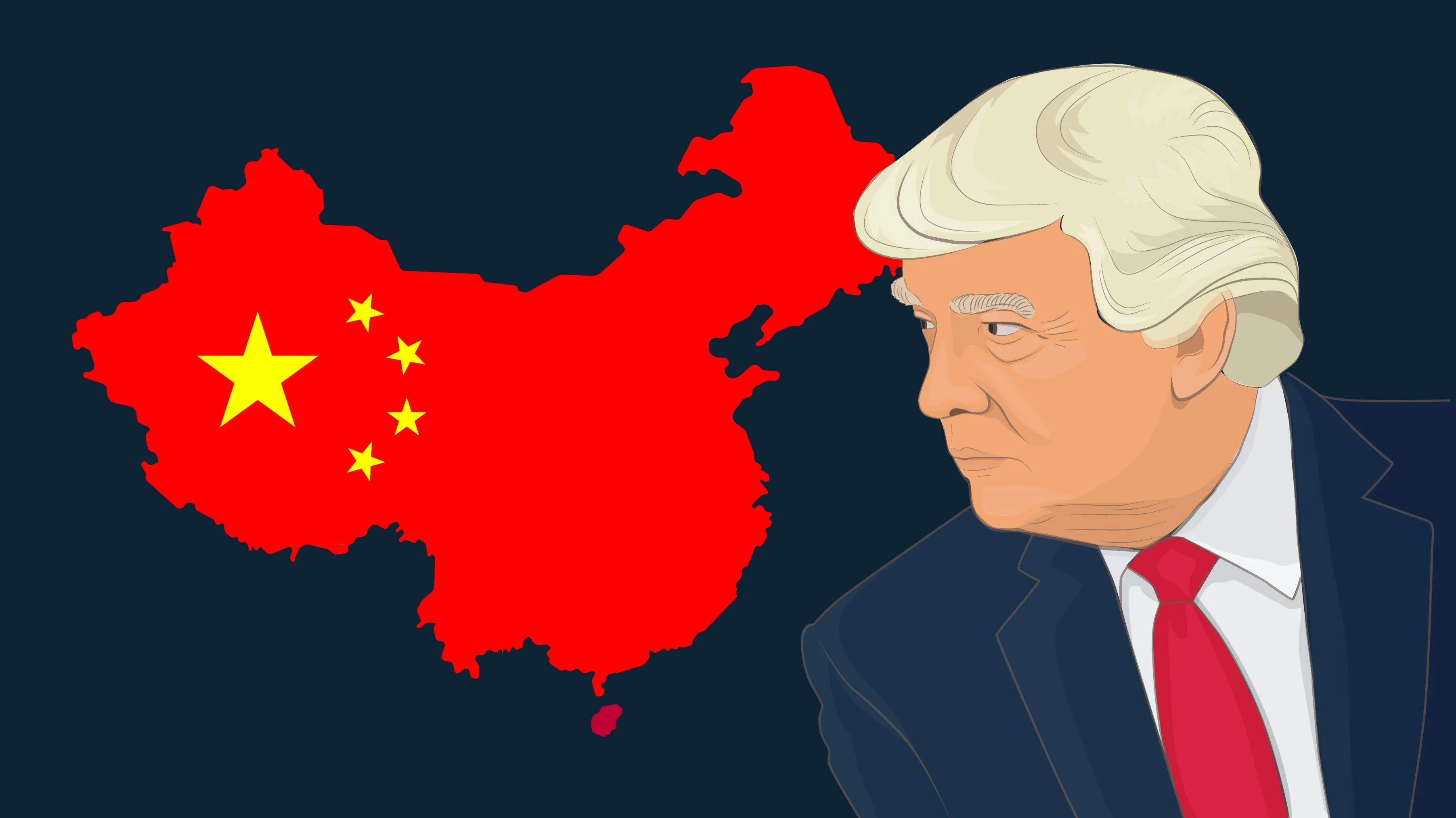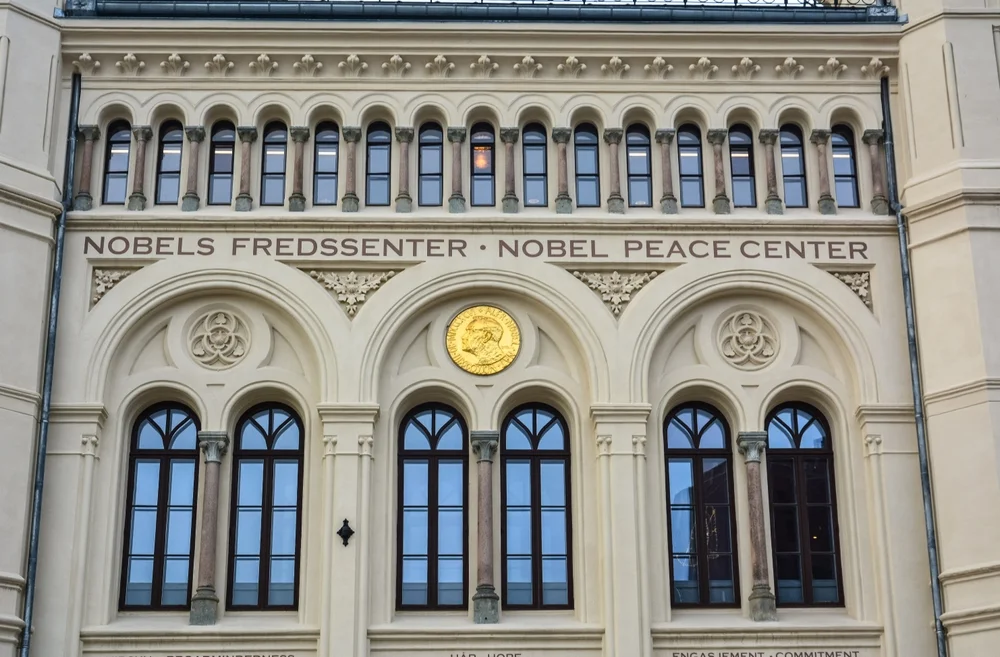
Should Politicians Control the Money Supply?
There’s a reason every developed country has made its monetary policy more independent from politics over time.
Leah Downey’s Our Money: Monetary Policy as if Democracy Matters, makes a novel case favoring more direct legislative control over monetary policy against central bank independence. It is an original argument that thought-provokingly weaves together different strands of thought, but it never clearly demonstrates that reversing the global trend toward politically independent central banks in favor of giving politicians more control over the money supply is desirable.
Downey sounds at times like a Marxist and at other times like a libertarian. When critiquing government power, this overlap is less unusual than a first glance might reveal. Both Marxists and libertarians believe that the state should wither away. They also both believe that the state’s exercise of its coercive power in our mixed economy does a lot of harm and that the state often exercises its coercive power on behalf of moneyed interests that influence the government. That’s why, for example, Gabriel Kolko, a leftist revisionist historian of the Progressive Era, can write books on regulatory capture that libertarians adore.
Libertarians aren’t big fans of the Federal Reserve, either, so they may find common cause with Downey in many of her criticisms. She points out that the Federal Reserve is a special case of the administrative state. Congress delegated its power over monetary policy to unelected bureaucrats who operate independently of the people’s wishes at any given moment and often directly contradict the elected representatives.
Downey is ultimately on the left, though, and she doesn’t have a problem with this per se. If she did, her book would be an argument against the entire administrative state. Rather, she argues that monetary policy is so powerful and meaningful to people’s everyday lives that a healthy democracy must allow the people to have more say in it than they currently do.
She understands that she faces significant hurdles to make that argument, as it goes against economists’ near-unanimous agreement that non-political central banks are better than political ones. She doesn’t seek to vilify economists as a class, as many “populist moment” books do. Instead, she suggests that the theory and evidence economists normally cite to support central bank independence is weaker than they think it is.
By and large, Downey looks in the right places to poke at central bank independence. The standard economic case for independent central banks is that inflation is really bad, but politicians face an omnipresent temptation to create a little inflation in the short-term to goose economic performance, especially in election years. Removing monetary policy from politicians’ control will allow a central bank to credibly commit to a long-run inflation target. This should come with only limited ramifications for other economic indicators because, in the long run, monetary policy is neutral concerning output and the labor market.
Downey posits that maybe inflation isn’t so terrible, and central banks inherently do a lot of political stuff that does affect the real economy through capital allocation. Her argument for greater democracy largely rests on the first bit there, with which most voters disagree. Other than arguably unemployment, voters hate inflation more than anything, so even if Downey’s more sanguine view of inflation is correct—and she does make some decent points consistent with economic research on the topic—the people she claims to champion are not on the same page.
It’s certainly true that central banks do a lot of political stuff. This is where a more libertarian or small-government Fed critic would most strongly diverge from Downey’s leftist critique. Basically, her proposed Fed reforms (a central bank digital currency, personal accounts directly at the Fed, postal banking, turning the Fed regional banks into development banks, “eliminate private money creation altogether”) would increase, not decrease, the federal government’s economic power. Many of them are borrowed from recent years’ progressive legislative proposals.
A more small-government Fed critic would say the way to solve this democracy problem is to more strictly constrain the Fed to focus only on price stability. That would involve removing its vast and growing regulatory powers, reducing them, and making the powers that remain in an ordinary regulatory agency more accountable to Congress. It would also involve prohibiting it from doing climate policy, pursuing racial or gender equity, or concerning itself with income inequality, all ideas the Fed has recently tossed around.
Downey thinks the Fed should do that if the people want it to, and she seeks a greater politicization of monetary policy. She laments the current Fed’s apolitical nature because she believes money creation is the state’s natural power and that the state has improperly given private banks that power. She is correct to note that private banks create most money when they lend money and that the Fed facilitates this happening.
The economic case against political monetary policy is stronger than Downey lets on. It’s important to separate two different arguments that are sometimes conflated:
Argument 1: Monetary policy independent central banks make is better than monetary policy elected politicians make.
Argument 2: Monetary policy predefined rules make is better than monetary policy discretionary policy choices make.
Argument 1 is based largely on correlations, with causation unclear. One of the biggest papers supporting it, a 1993 effort by Alberto Alesina and Larry Summers that Downey discusses properly, shows that countries with more independent central banks have lower average inflation rates. The correlation is strong and shows no correlation between central bank independence and G.D.P. growth, meaning that countries don’t have to sacrifice growth to keep inflation down.
Correlation isn’t causation, but it is something, and oftentimes, in macroeconomics, it’s as good as you’re going to get. There’s another correlation that more strongly suggests causation that Downey doesn’t discuss, which is New Zealand’s experience. It had one of the least independent monetary systems in the developed world until 1989 when it switched to an independent central bank. Inflation, which in the 1970s and 1980s had been rampant, was gone by the end of 1991 and stayed gone even as the government changed hands in the following years. Sure, it’s only correlation, but I’ll take it.
Argument 2 is much better than correlation. Finn Kydland and Ed Prescott wrote the 1977 foundational supporting paper, and though Downey does include it in her bibliography, she does not give it its due. Kydland and Prescott steelman the discretionary policy argument by stipulating that everyone agrees on what the policy should do and that policymakers have all the necessary information and tools at their disposal to act on it and that they always make the best decision in the moment. These assumptions are completely unrealistic and very favorable to discretionary policy proponents, which makes it all the more impressive that Kydland and Prescott can still demonstrate why discretionary policy will fail.
The reason is that people are forward-looking, and their expectations will change as policy changes. People aren’t particles in an experiment that respond only based on momentary stimuli. They have their own agency and base their decisions now on their future expectations as well. Kydland and Prescott then demonstrate that because people are forward-looking, “doing what is best, given the current situation, results in an excessive level of inflation, but unemployment is no lower than it would be if inflation . . . were at the socially optimal rate.” They demonstrate this not with correlations in noisy international data but with crisp, clean mathematics. It’s a devastating paper on discretionary monetary policy, and Kydland and Prescott won the Nobel Prize largely because of it.
As a theoretical matter, Argument 2 is rock solid. The problem is that it’s difficult to put into practice. It’s hard to get economists, let alone Congress, to agree on how a monetary policy rule should be defined. And it’s also hard to sell the public on the idea that monetary policy would essentially be automated, with no human beings calling the shots. Despite its theoretical undesirability, discretionary monetary policy is here to stay.
So economists look back to Argument 1 and ask which setup is more likely to approximate rules-based monetary policy, the good thing we want but can’t have? There, the answer is clearly an independent central bank. Politicians face too many bad incentives to play with monetary policy in ways that offer short run benefits but long run harm to the country. Central bankers insulated from politics are still going to make mistakes, but they are less likely to be as inflationary as the ones politicians would make as a matter of course, and if they do a really good job, they could simulate a monetary rule and get close to the theoretical ideal. That makes the evidence from the Alesina and Summers paper look a lot more compelling than it might in isolation, and Downey does not seem to quite make that connection.
The prospect of politicians making electorally motivated monetary policy decisions is not only theoretical. We know from recorded conversations that Richard Nixon pressured Fed chairman Arthur Burns to pursue expansionary monetary policy in the leadup to the 1972 presidential election, even though there was no economic reason to do so. Burns complied, spurring inflation in 1973 and tarnishing his reputation as an economist.
Downey claims that her concern is not just democracy but “healthy democracy,” a term she defines as not merely the legitimate exercise of power but also that the legislature maintains effective power to change policies over time. But it’s also true that in a healthy democracy, some things are put beyond the legislature’s reach.
As Garett Jones’s 10% Less Democracy, points out, “independent” is often a euphemism for “undemocratic.” That’s true for central banks, and it’s also true for the judiciary. And it’s for a good reason: Jones cites research that shows unelected judges perform better than elected ones, who are more likely to favor home-state interests in cases and less likely to be cited by legal scholars and other judges. Federal judges are all unelected and, unlike central bankers, serve for life and aren’t required to testify to Congress about their decisions.
Federal judges also make rulings based on the Bill of Rights, which Kevin Williamson has written could be accurately renamed the “List of Stuff You Idiots Can’t Be Trusted To Vote On.” It is good for democracy that Congress doesn’t have to periodically reauthorize freedom of speech or the rights of accused criminals; people probably would have voted those protections away or weakened them in a fit of rage at some point in the past 250 years. Monetary policy does not rise to that level, but the Bill of Rights and the judiciary illustrate that removing things from legislative control can be vital to a democracy’s health
Downey is completely correct in the conclusion of her book that one of the reasons Congress often seems like a sideshow is that it has delegated much of its power to the administrative state, leaving it in “a state of learned helplessness” as agencies make rules. Clawing back the powers Congress has under Article I of the Constitution is usually a goal for conservatives, so it’s encouraging to see a leftist writer also see the wisdom in that. But monetary policy should not be at the top of the list of all the powers to claw back. There’s a reason every developed country has made its monetary policy more independent from politics over time: People want stable prices, and independent central banks achieve that goal better than politicians do, even if we don’t fully understand exactly how.
Dominic Pino is the Thomas L. Rhodes Fellow at National Review Institute.
Economic Dynamism

The Causal Effect of News on Inflation Expectations
This paper studies the response of household inflation expectations to television news coverage of inflation.
.avif)
The Rise of Inflation Targeting
This paper discusses the interactions between politics and economic ideas leading to the adoption of inflation targeting in the United States.

Ignore 'Open Letters' From Economists
Don’t be swayed by “open” letters signed by well-known and well-respected scholars, experts, professors, and businessmen.

Demystifying the New Deal
Carola Binder reviews False Dawn: The New Deal and the Promise of Recovery, 1933–1947 by George Selgin
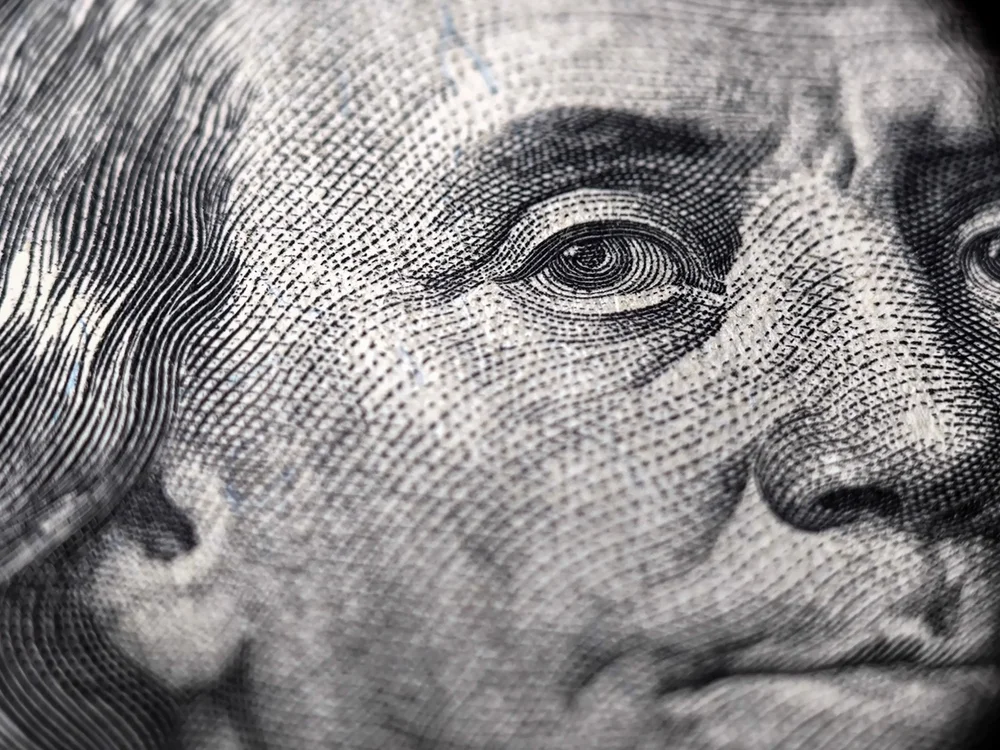
The Reign of the Greenback
The dollar is the world's overwhelmingly dominant currency, but it suffers from endemic consumer price inflation and recurring asset price inflation.
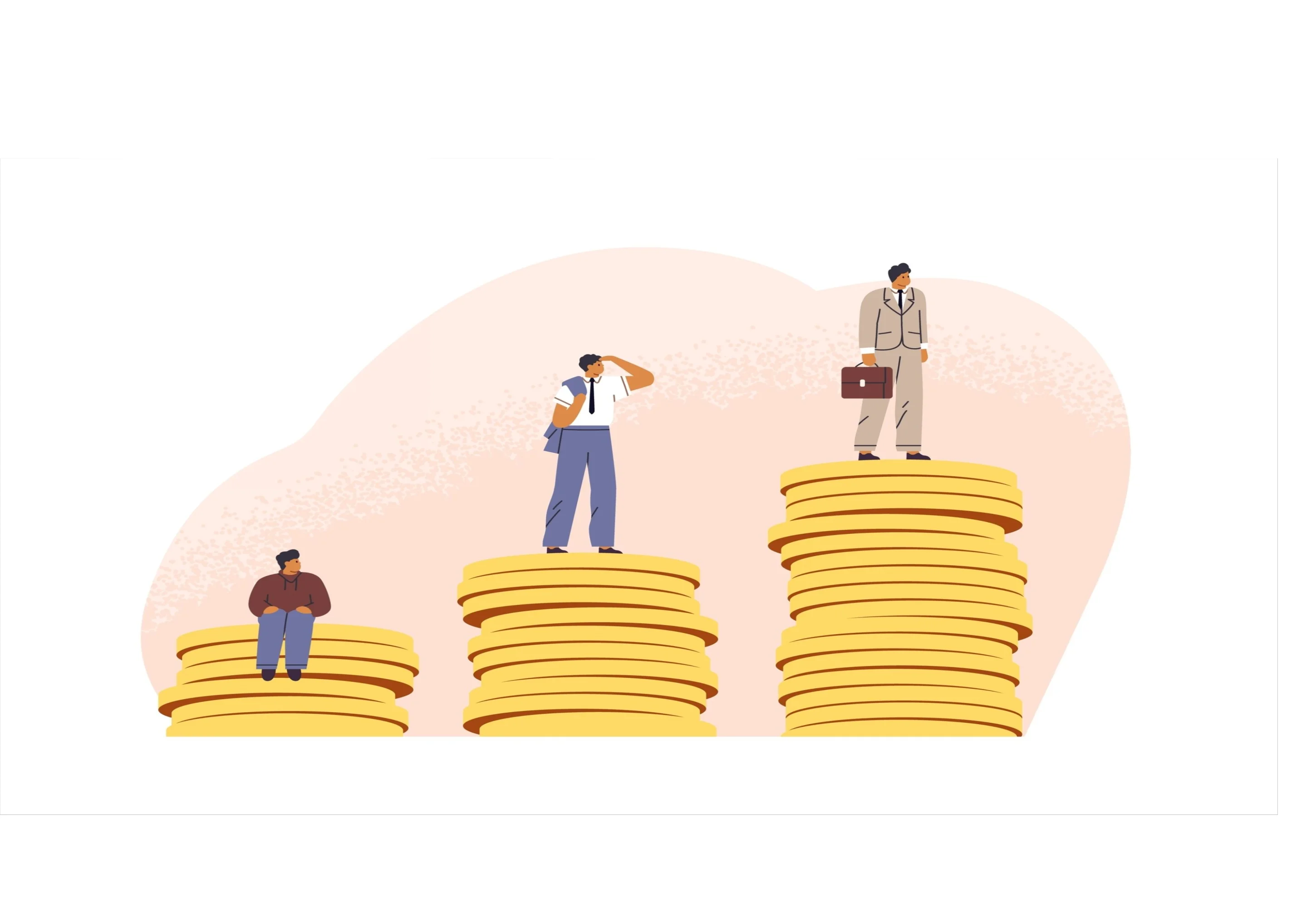
Don’t Choose Your Own Adventure: Understanding Middle-Class Earnings Trends
Measuring these trends is complicated, but the results of wage gains are encouraging.






.jpg)


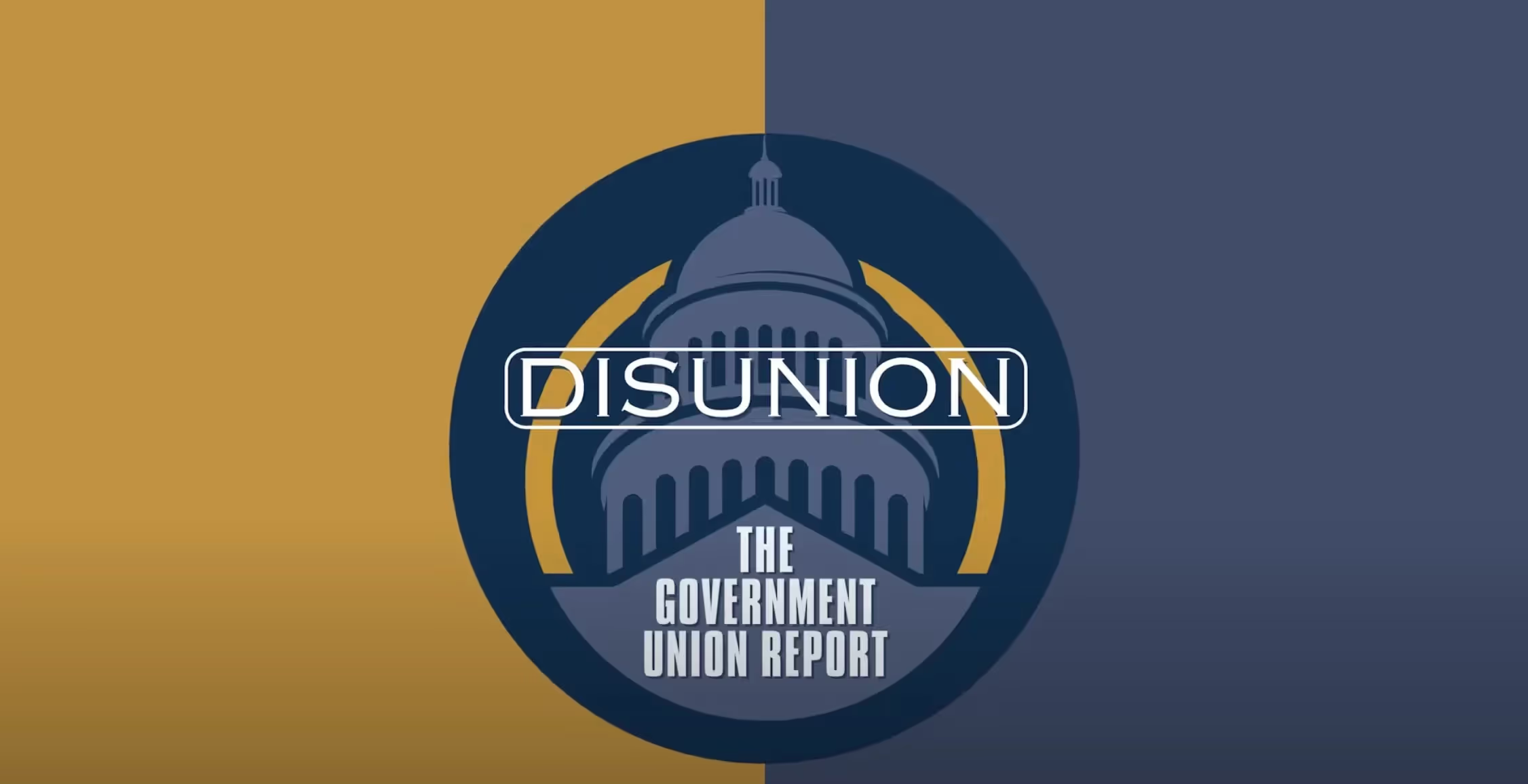
.avif)
